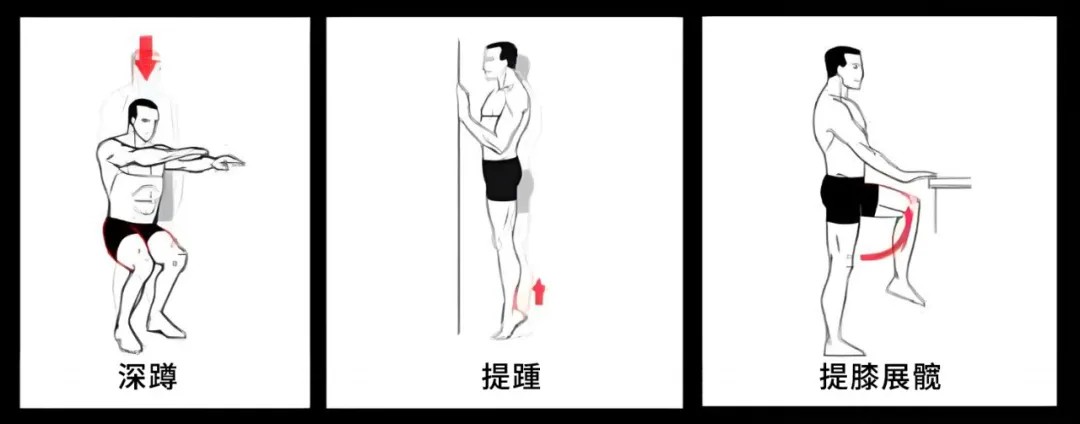钱钟书在《围城》里说:“睡眠这东西脾气很怪,不要它,它偏来,请它捧它,千方百计地勾引它,它便躲得连影子也不见。”想必这句话着实吐出了很多失眠朋友的心声。Qian Zhongshu said in the Siege of the City: "Sleep is a very strange thing, do not want it, it will come, invite it to hold it, do everything possible to seduce it, it will hide even the shadow." Presumably this sentence really spit out a lot of insomnia friends.
Judging insomnia,
Take a look at these 3 criteria...
1. Difficulty falling asleep, from lying down to sleep to sleep interval of more than 30 minutes;
2. Difficulty in maintaining sleep, and the interval between waking up and falling asleep next time is more than 30 minutes;
3. Wake up early, wake up more than 30 minutes earlier than usual, wake up and stay awake until dawn;
These problems are more than three days a week;
The next day is very uncomfortable and social function is impaired;
All three criteria are called "insomnia".
General tips for dealing with insomnia
-- Remove triggers
● Do not drink tea, coffee and other stimulating drinks before going to bed to avoid exciting the central nervous system and affecting sleep.
● Try to avoid drinking a lot of water at night, so as not to affect sleep by getting up frequently at night.
● Do not eat drugs that can affect sleep at night, such as theophylline, aminophylline, diuretics, Xxfloxacin (floxacin antibacterial drugs), etc.

1. Before bed -- Do three sleep AIDS
In July 2024, a study published in the British Medical Journal Online Sports and Exercise Medicine found that four hours before going to bed, do more of these three resistance movements, squat, calf raises, knee and hip raises, can significantly extend sleep time. It only takes 3 minutes at a time and is done every 30 minutes. This can add nearly 30 minutes to your sleep that night. 3.
Screenshots of the study, translated by Health Times
(1) Squat: Imitate the action of sitting on a chair, the knee does not exceed the tip of the foot.
(2) Heel raise: stand up and lift the back heel, so that the calf muscles contract, and then the heel slowly returns to the ground.
(3) Knee lift hip: Standing knee raised, straight leg hip extension.
2. Diet - Eat more anti-inflammatory foods
You can eat more "anti-inflammatory foods" in your daily diet to offset the systemic inflammation caused by lack of sleep. In 2023, a number of societies such as the Professional Committee of Tumor Nutrition of the Chinese Anti-Cancer Association jointly released the Expert Consensus on anti-inflammatory Diet to Prevent Cancer, which gives the anti-inflammatory anti-cancer foods often eaten in life: 4
(1) Whole grain foods: brown rice, black rice, oats, buckwheat, corn, barley, barley and other whole grains have anti-inflammatory effects and are conducive to maintaining stable blood sugar levels.
(2) Unsaturated fat: fish such as salmon and tuna, nuts such as walnuts and almonds, olive oil and canola oil are all rich in unsaturated fat, which is conducive to the formation of an anti-inflammatory internal environment in the body.
(3) High-quality protein: fish, eggs, poultry, lean red meat, low-fat dairy products, soy foods, nuts, etc., try to eat less processed meat.
(4) Vegetables and fruits: spinach, celery, rape, broccoli and other dark vegetables, as well as apples, pears, oranges and other fruits. Fruits and vegetables are rich in vitamins and minerals, and have good anti-inflammatory activity.
3. Nap -- Take a half hour nap at noon
A proper nap can also help mitigate the effects of sleep deprivation. In 2021, researchers at Massachusetts General Hospital in the United States published a study in the journal Nature that found 123 regions in the human genome associated with daytime napping. Researchers have also shown that napping habits are linked to cardiometabolic health. Not only that, but many of the genes involved in napping are also strongly linked to human health. 5.
Studies have pointed out that napping can not only make up for the effects of insomnia at night, but also eliminate the tension and irritability caused by work, so that people maintain a good mental state. At the same time, napping is also a biological rhythm that is essential for the body to stay awake. Studies have shown that regular napping is associated with better cognitive function and a lower risk of dementia.
However, nap time is very important, do not sleep too long. It is generally believed that between 13 and 14 o 'clock at noon, 15 minutes to 30 minutes of sleep is more appropriate. If more than 30 minutes, it is easy to appear "eyes can not open", "still want to sleep", "do not want to move", "wake up the mind" and so on.
4. Exercise -- Moderate intensity exercise
In March 2024, a study published in the journal Nutrients by researchers from Tsinghua University and others found that moderate-intensity physical activity can also reduce systemic inflammation. For example, moderate intensity physical exercise such as swimming and cycling, as well as physical activities such as housework are related to anti-inflammatory effects, which can effectively inhibit pro-inflammatory cytokines and enhance anti-inflammatory mediators.
The heart rate of medium intensity exercise is 100 to 140 times/minute, and you can feel sweating when you are active, breathing is relatively rapid, and you feel slightly labored.








